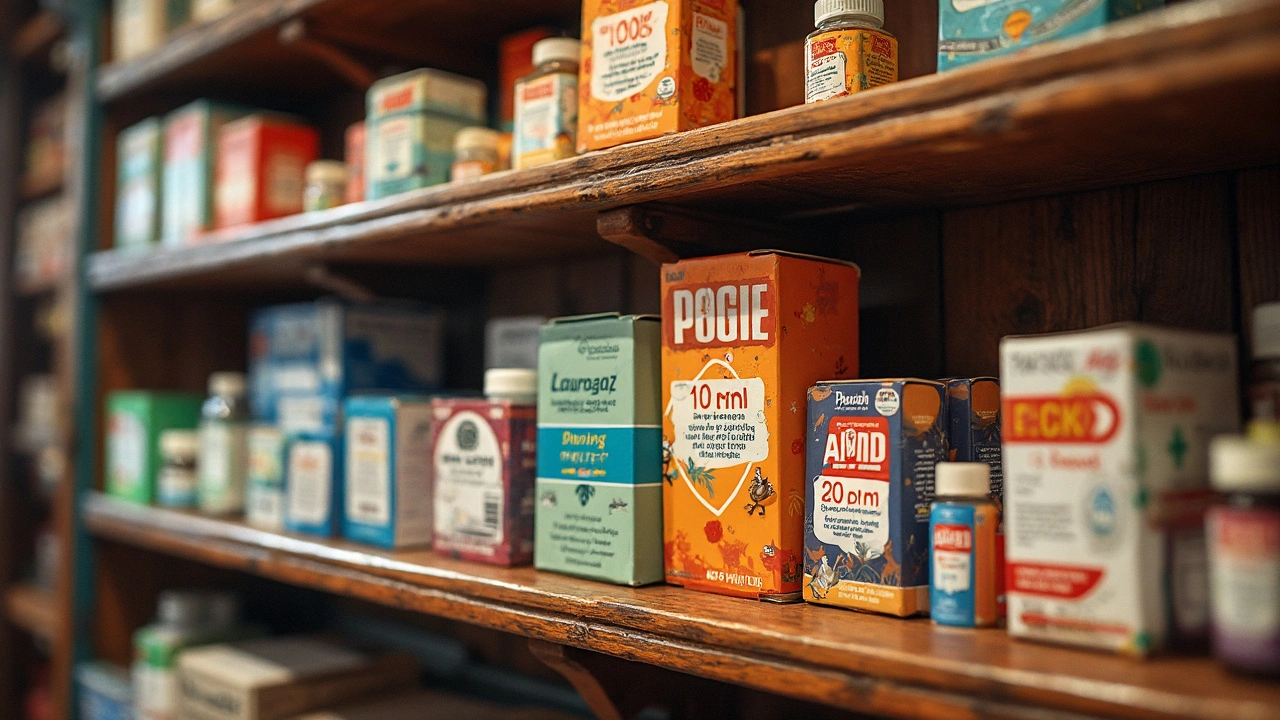Non-Methylphenidate Treatments for ADHD – What Works Without Stimulants
If methylphenidate isn’t a good fit for you or your child, you’re not stuck. Many people look for ways to control ADHD symptoms without the classic stimulant. Below we break down real‑world options that actually help.
Why skip methylphenidate? Some folks experience strong side effects like insomnia, appetite loss, or heart‑rate spikes. Others have a history of substance misuse and want to avoid anything that feels habit‑forming. Whatever the reason, there are proven alternatives worth checking out.
Medication Alternatives
Atomoxetine (Strattera) is a non‑stimulant pill approved for ADHD. It works by boosting norepinephrine levels, which can improve focus and reduce impulsivity without the jittery feeling most stimulants cause.
Guanfacine (Intuniv) and Clonidine (Kapvay) are originally blood‑pressure meds that also calm ADHD symptoms. They’re especially helpful for kids who have trouble sleeping, because they tend to be sedating rather than energizing.
Bupropion (Wellbutrin) is an antidepressant that some doctors prescribe off‑label for ADHD. It hits dopamine and norepinephrine pathways, offering a modest boost in attention without the classic stimulant buzz.
These meds usually start at low doses and are adjusted slowly, so side effects stay manageable. Talk to your doctor about any heart issues, liver concerns, or mood changes before starting.
Behavioral & Lifestyle Strategies
Cognitive‑behavioral therapy (CBT) teaches practical skills—like breaking tasks into chunks and using timers—to keep distractions at bay. Many families see big gains when they pair CBT with a low‑dose medication.
Parent training programs give caregivers tools to set clear expectations, use consistent rewards, and handle meltdowns calmly. Consistency at home often reduces the need for higher drug doses.
Regular exercise isn’t just good for the body; it releases dopamine and improves mood, which can naturally sharpen focus. Even a 30‑minute walk or short bike ride each day makes a difference.
Sleep hygiene matters more than you think. A predictable bedtime routine, limited screen time before bed, and a cool dark room help keep the brain ready to learn the next day.
Finally, watch your diet. Some people feel better when they limit sugary drinks and processed snacks while boosting protein, omega‑3s, and whole grains. It’s not a cure, but it supports overall brain health.
Choosing the right plan is personal. Start by listing what matters most—like avoiding insomnia or staying clear of habit‑forming drugs—and discuss those priorities with your clinician. Monitoring tools such as symptom journals or simple rating scales help you see what works and where tweaks are needed.
Remember, non‑methylphenidate options aren’t “second best.” They’re viable paths that many people thrive on. With the right mix of medication, therapy, and lifestyle tweaks, you can manage ADHD effectively without relying on traditional stimulants.
Exploring 7 Alternatives to Methylphenidate: What You Need to Know
Gone are the days when methylphenidate was the only option for managing ADHD symptoms. With several alternatives available, it's essential to understand the benefits and drawbacks of each. From Azstarys, a dual-component medication, to other non-stimulant options, this article sheds light on what's out there for those seeking different paths.
© 2026. All rights reserved.

